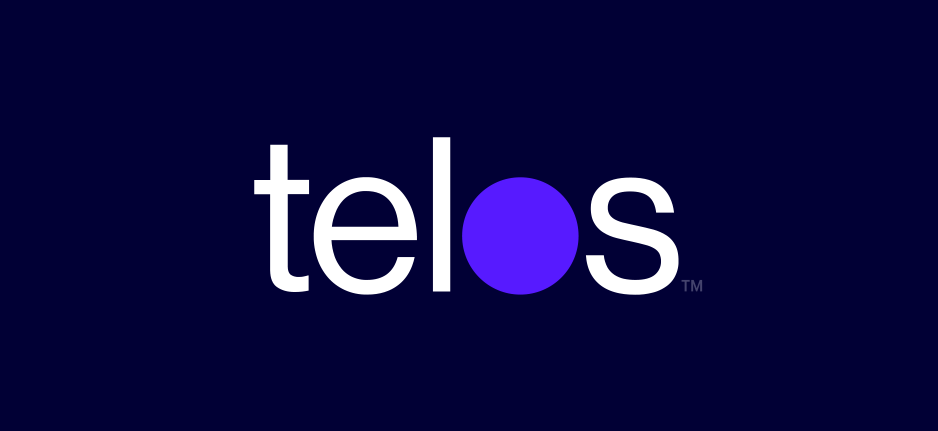The Telos blockchain has joined forces with Telokanda Weather Group, an open-source weather technology company, to transform how weather data is collected and shared in West Africa. This initiative aims to leverage blockchain technology and community participation to improve climate research, hurricane tracking, and local weather forecasting.
By integrating blockchain with atmospheric data collection, Telos and Telokanda hope to address gaps in weather data while incentivizing communities to contribute to this critical endeavor.
How the Telos-Telokanda Partnership Works
Data Collection with Weather Balloons
Citizens in West Africa will launch high-altitude weather balloons equipped with lightweight devices called radiosondes. These devices will collect atmospheric data, including:
- Pressure
- Temperature
- Wind speed
Blockchain Integration
The collected data is transmitted to the Telos public blockchain, where it is securely recorded. A smart contract then triggers instant payments in Telos tokens (TLOS) to the individuals who launched the weather balloons.
Incentives for Participation
Reward System
To encourage consistent data collection, participants will receive approximately $15 in TLOS tokens for each successful weather balloon launch.
- Conversion to Local Currency: Participants can convert their TLOS rewards to local fiat currencies like the Nigerian Naira or Ghanaian Cedis via the Sesacash app.
Future Funding Sources
While initial rewards are funded through the Telos Worker Proposal System, the initiative plans to secure future funding from NGOs that value accurate weather data for forecasting and research.
Key Partners and Contributors
Project Leadership
The initiative is spearheaded by a West African team that includes former Boeing and NASA engineer Nicolas Lopez, bringing expertise in aerospace and weather technology to the project.
University Collaborations
The project has partnered with several institutions in West Africa, including:
- University of Uyo (Nigeria)
- Rivers State University (Nigeria)
- Academic City (Ghana)
Students from these universities will actively participate in launching weather balloons and tracking the data.
The Role of Blockchain in Weather Data Collection
Blockchain technology offers several advantages for this initiative:
1. Data Security and Transparency
By recording weather data on the Telos blockchain, the information becomes immutable, ensuring accuracy and preventing tampering.
2. Automated Payments via Smart Contracts
The use of smart contracts eliminates the need for intermediaries, enabling real-time payments to participants.
3. Decentralized Access
The collected data is accessible to researchers, NGOs, and governments worldwide, fostering collaboration on climate and weather-related challenges.
Addressing Weather Data Gaps in West Africa
Accurate weather data is crucial for climate research, disaster management, and agricultural planning. However, West Africa faces significant challenges due to:
- Limited Infrastructure: Many regions lack weather monitoring systems.
- Hurricane Vulnerability: Accurate data is critical for tracking hurricanes that impact the region.
- Agricultural Dependence: Farmers rely on timely weather forecasts to make planting and harvesting decisions.
The Telos-Telokanda initiative addresses these issues by empowering communities to contribute to data collection while earning rewards.
Impact on Climate Research and Forecasting
Enhanced Weather Forecasting
The initiative aims to improve local weather forecasts by increasing the availability of accurate atmospheric data.
Support for Climate Research
The data collected can aid in:
- Understanding climate change patterns in West Africa.
- Developing disaster preparedness strategies.
- Informing agricultural practices to enhance food security.
Future Plans for the Initiative
Expansion of Partnerships
Telokanda plans to partner with more universities, NGOs, and local organizations to scale the initiative across West Africa.
Sustainable Funding
The project aims to transition funding from Telos Worker Proposal System to contributions from NGOs and other stakeholders who benefit from the data.
Global Collaboration
By joining forces with international weather organizations, the initiative could contribute to global weather forecasting models.
Conclusion
The partnership between Telos and Telokanda Weather Group exemplifies how blockchain technology can drive meaningful change. By incentivizing citizens to collect weather data, this initiative addresses critical gaps in weather monitoring and contributes to improved forecasting and climate research in West Africa.
With plans to expand partnerships and secure sustainable funding, the Telos-Telokanda initiative is poised to become a model for integrating blockchain with environmental science, empowering communities while advancing global climate solutions.
To learn more about blockchain-powered innovations in environmental projects, explore our article on blockchain applications in sustainability.
Disclaimer: The information provided is not trading advice, Bitcoinworld.co.in holds no liability for any investments made based on the information provided on this page. We strongly recommend independent research and/or consultation with a qualified professional before making any investment decisions.




